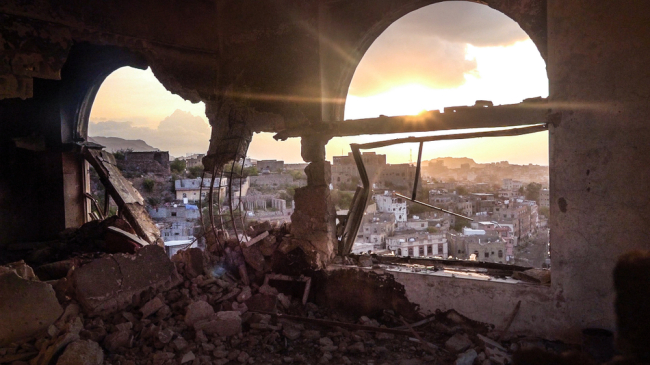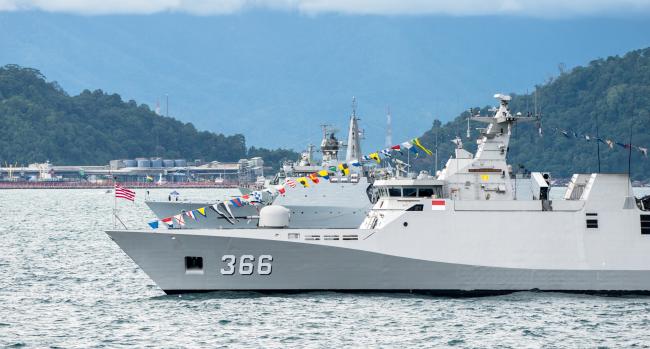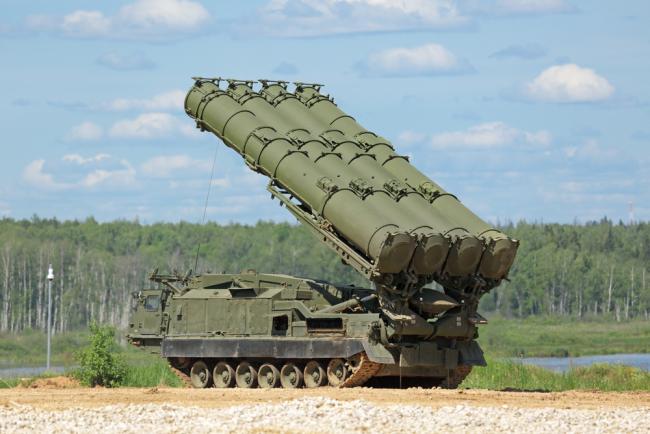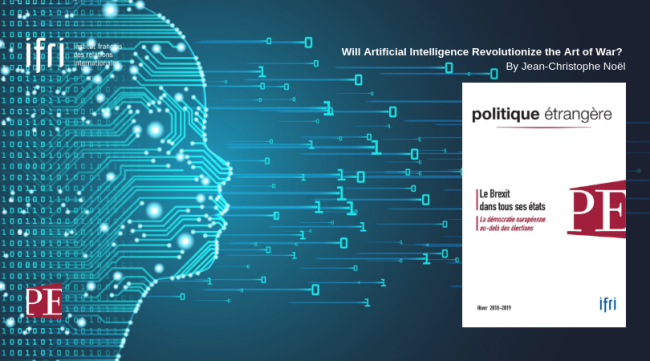Security - Defense
As a result of global strategic competition, security and defense issues are marked by the return of major wars and nuclear deterrence, the transformation of terrorism and the race for military technologies.
Related Subjects

The Future of Urban Warfare in the Age of Megacities
Urbanization is a relentless trend, and as cities grow and expand, armed conflict and violence are urbanizing as well.
Wars in the Next Decade
Forecasting in areas of strategy is particularly delicate as predictions may impact the course of events. While several major trends in the evolution of conflicts during the next decade can be identified, precise forecasts are impossible. Yet one thing is certain: in the next 10 years, decision-makers face unknown risks of significant consequence.
Between Concentration and Dispersion: A Promising Future for Power Relations
The notion of power has long been a topic of study in international relations. In the coming decade, the evolution of power will be characterized by the dynamics of concentration and dispersion. On the one hand, the global system will be marked by the clash of two superpowers, the United States and China. On the other hand, capacity for individual action will proliferate through information and communication technologies.
The Global Compact for Migration. Towards Global Governance of International Migration?
The “Global Compact for Safe, Orderly and Regular Migration” was adopted in Marrakesh on 10 and 11 December 2018, after 18 months of consultation and negotiation. It is presented as the first United Nations’ agreement on a comprehensive approach to international migration in all its aspects.
Whither Indonesia's Indo-Pacific Strategy?
Indonesia’s Indo-Pacific strategy is driven less by a coherent national strategy than by a choice made due to the lack of alternatives resulting from Indonesia’s domestic and international weaknesses.
The Franco-German Tandem: Bridging the Gap on Nuclear Issues
The Franco-German couple has long been characterized by divergent trajectories on nuclear matters, and antagonist historical decisions still frame the current relationship.
Les armées françaises face aux menaces anti-aériennes de nouvelle génération
Although it had never entirely disappeared, the surface-to-air threat was mitigated for three decades by Western air superiority. It now benefits from a modernization and dissemination momentum that will increasingly hinder expeditionary forces’ freedom of action.
Cooperating with African Armed Forces
Nowadays, numerous actors are involved in military cooperation programs aiming to strengthen African armed forces and build special partnerships.
Will Artificial Intelligence Revolutionize the Art of War?
Despite the development of artificial intelligence (AI) only being in its early stages, it has already had an impact on armed forces.
Of Walls and Men: Securing African Borders in the 21st Century
African borders are well-known for their porosity. Although they are crucial economic interfaces, they also crystallize political and security tensions, in both inter-state wars and intra-state conflicts involving rebels or autonomist groups.
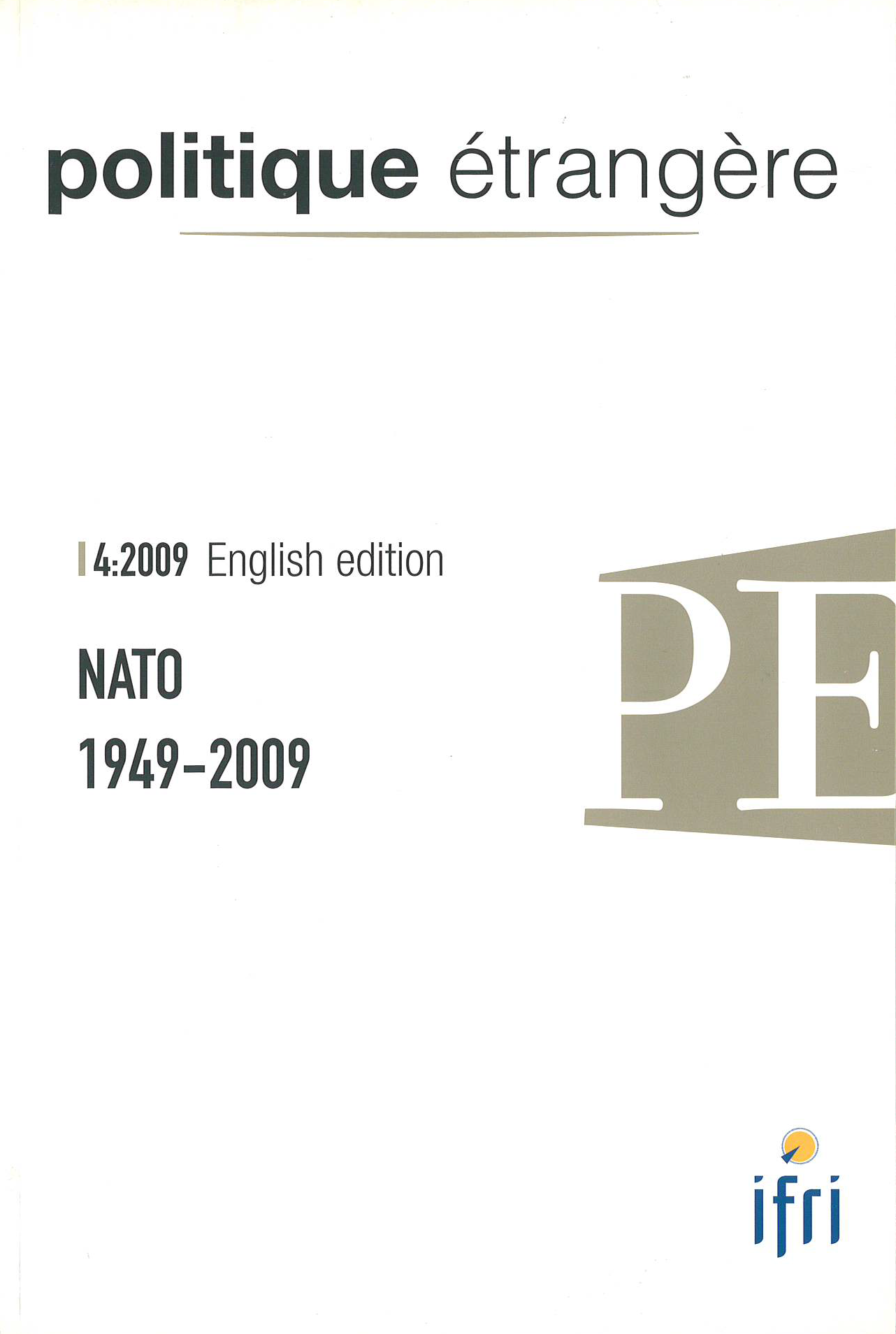
NATO 1949-2009
A little more than 60 years after its creation, questions about the future of the Alliance emerge at the intersection of three observations. First, the complexity of the world, which makes the Alliance ‘inevitable,' since it is a rare source of stability and solidarity in a world marked by uncertainty. Second, American doubt. If the United States was the global policeman for some simple minds at the start of the 1990s, others see the US as having used up its power in the adventurism of the Bush Administration. The future will wipe out these two caricatures. For members of the Alliance, the US will long continue to be a necessary friend, whose power and possible abandonment are feared. The third observation is, obviously, Europe's incurable ethnocentricity: if Europeans knew how to look at the world and their place in it, they would rapidly give up their mediocre powerlessness. History is moving on elsewhere and raises questions on its chaotic path to which others are replying more quickly. In the years ahead, therefore, the Alliance may lorge ahead without Europe or nearly without it, despite the fact that Europeans' specific know-how could be useful.
Dangerous Weapons in Dangerous Hands: Responding to the Challenges of Chemical and Biological Terrorism
The World After: Proliferation, Deterrence and Disarmament if the Nuclear Taboo is Broken
Candide in Congo. The Expected Failure of Security Sector Reform (SSR)
Strategic Stability Reconsidered: Prospects for Escalation and Nuclear War in the Middle East
The Evolution of the North Korean Nuclear Crisis: Implications for Iran
President-elect Obama and Nuclear Disarmament: Between Elimination and Restraint
Support independent French research
Ifri, a foundation recognized as being of public utility, relies largely on private donors – companies and individuals – to guarantee its sustainability and intellectual independence. Through their funding, donors help maintain the Institute's position among the world's leading think tanks. By benefiting from an internationally recognized network and expertise, donors refine their understanding of geopolitical risk and its consequences on global politics and the economy. In 2025, Ifri supports more than 80 French and foreign companies and organizations.








